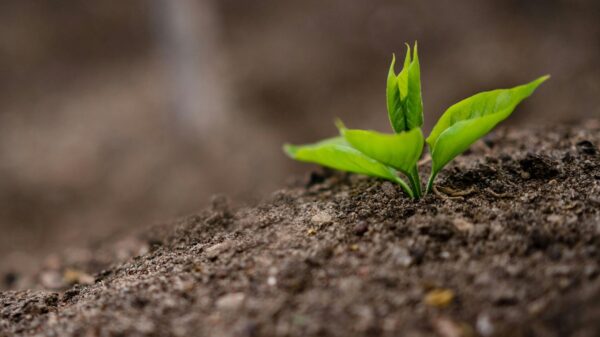News Editor Kayla Rahaman and Staff Writers Samuel Allen and Sophie Ball reflect on attending the Marine Conservation Society’s Brighton beach clean and panel discussion on 24 July.
This article was first published in print on 16 September 2024.
It is easy as students to only consider pollution and climate change on an academic level, all while missing first-hand experiences of its reality. Even those of us who care about these issues may lack the money, time, or opportunity for hands-on action.
Roar’s invitation from the Marine Conservation Society (MCS) to pick up litter on the beach may seem minimal. Yet, in the grand scheme of ocean protection, this simple environmental action makes big waves.
Alongside other UK-based volunteers, we contributed to the Society’s three-decades-and-counting database capturing the scale of Britain’s beach litter problem. The panel discussion later reflected on findings from beach cleans throughout the year, sustainability in the food industry and responsible consumer behaviour.
The Beach Clean
Through beach cleans, bits of trash transform into a treasure trove of data for developing and recommending environmental policies.
Volunteers were handed tarpaulin bags, litter pickers and a litter survey form. We then roamed a hundred metres of Brighton Beach, collecting anything from Lego pieces to bottle caps. Any manmade items were recorded under six primary categories. The survey suggested findings may range from lobster cages to hair bobbles.
Since plastic carrier bag charges were introduced in the UK ten years ago, the MCS has recorded an 80% drop in plastic bags found on UK beaches. Their latest report revealed that drinks-related litter, such as bottles or cans, were found on 97% of surveyed beaches. The MCS celebrates the evident success of carrier bag charges. It now stresses the importance of initiatives like the Deposit Return Scheme which incentivises consumers to return recyclable drinks litter for a small refundable fee.
Volunteers at the beach clean recognised that tissues, wet wipes and bottle caps were frequently discovered. We also documented many unidentifiable plastic pieces.
The Society’s 2022 and 2023 Beachwatch Reports identified small plastic pieces as the most common source of litter. This amalgamated subcategory reflects the difficulty of stopping pollution at the source: the origins of these plastic pieces are as diverse and unidentifiable as the litter itself. As non-expert volunteers identify these materials, there is also the possibility for inaccuracies and slight distortions in analysis. Brighton Beach is also cleaned daily during the summer. The wide scope of litter would have arrived within less than 24 hours, either brought in by sea or littered on land.
The Panel Discussion
The panel discussion following the beach clean gave us a chance to learn about the work of the MCS and the difficulties of preventing ocean pollution in more detail. After treating ourselves to a comforting mug of tomato soup from the sponsor of the event, the audience took a seat in front of the panellists: Lizzy Price, the MCS Beachwatch program manager; Cullen Allen, founder of soup brand Cully and Sully, and Zoe Lyons, MCS ocean ambassador, comedian and sea swimmer.
The panel blended light-hearted moments that built a sense of community and hope with painful truths about the challenges that still lie ahead for protecting our oceans. Price’s description of the Deposit Return Scheme opened up a lively discussion surrounding sustainable consumer habits. Lyons used humour to question the normalisation of societal practices, such as cucumbers wrapped in ‘plastic anoraks’ and ‘avocado kayaks’. As a food business owner, Cullen Allen helped shed some light on the challenges associated with making food containers entirely environmentally sustainable. This innovation gap provides an opportunity for further research.
The MCS Brighton Beach Clean was accessible, well-managed, and engaging for people with wide-ranging ages and backgrounds. Above all, the morning served as a refreshing reminder that community action has a foundational role in influencing environmental policy.
If you would like to volunteer for a Marine Conservation Society beach clean, click here.



















